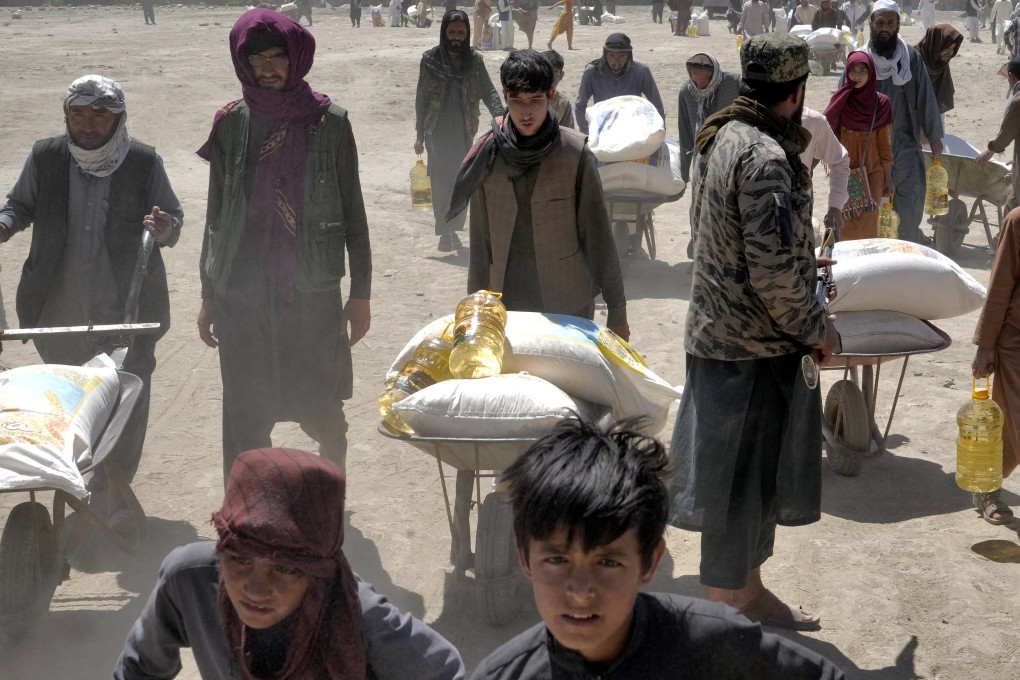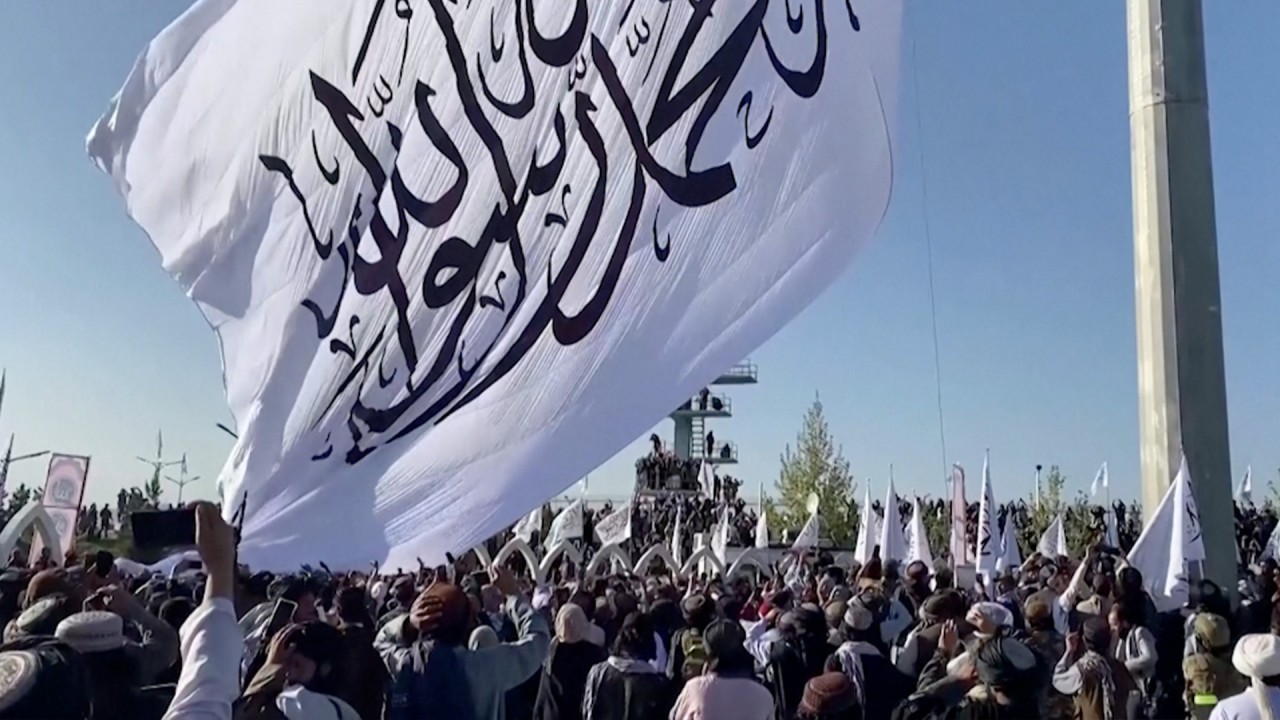Opinion | How the US can help end Afghanistan’s humanitarian crisis
- Afghanistan faces a severe food and humanitarian crisis, with deaths expected to outstrip those during the 20-year war
- If the US has concerns that aid funding will leak to the Taliban, it should work with UN agencies to carry out badly needed relief activities

First, there was a clear indication that the return of the Taliban government would bring sociopolitical chaos to the country. Second, it was expected that the country would be catapulted into an economic crisis because of the possibility of developmental funds and aid to Afghanistan being suspended.
But no one predicted at the time that Afghanistan would face a severe food and humanitarian crisis within only a few months. Analysts expect more Afghans to die because of the current crisis than all Afghan deaths in the 20-year war that began in 2001. Most Afghan households have lost some or all of their livelihood in the past eight months.
The roots of Afghanistan’s crisis can be traced to external restrictions on the country’s banking sector and international humanitarian and development funds. In an attempt to limit the Taliban’s access to foreign assets, the US government imposed stringent restrictions on transactions with Afghanistan’s central bank.
The US has frozen more than US$9.5 billion in assets belonging to Afghanistan’s central bank. At the same time, in addition to impeding international funding, the US has put the brakes on most financial assistance to development projects there.

